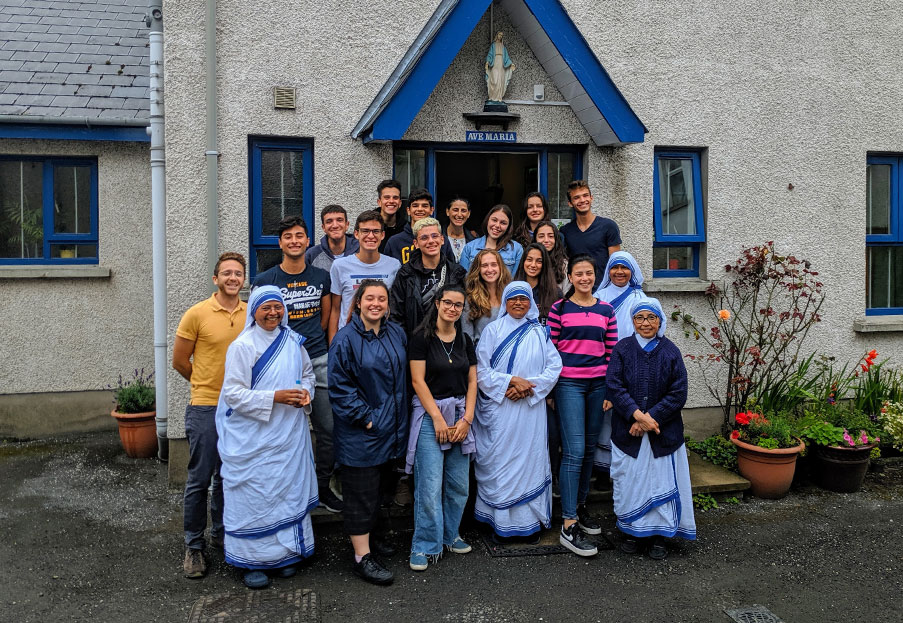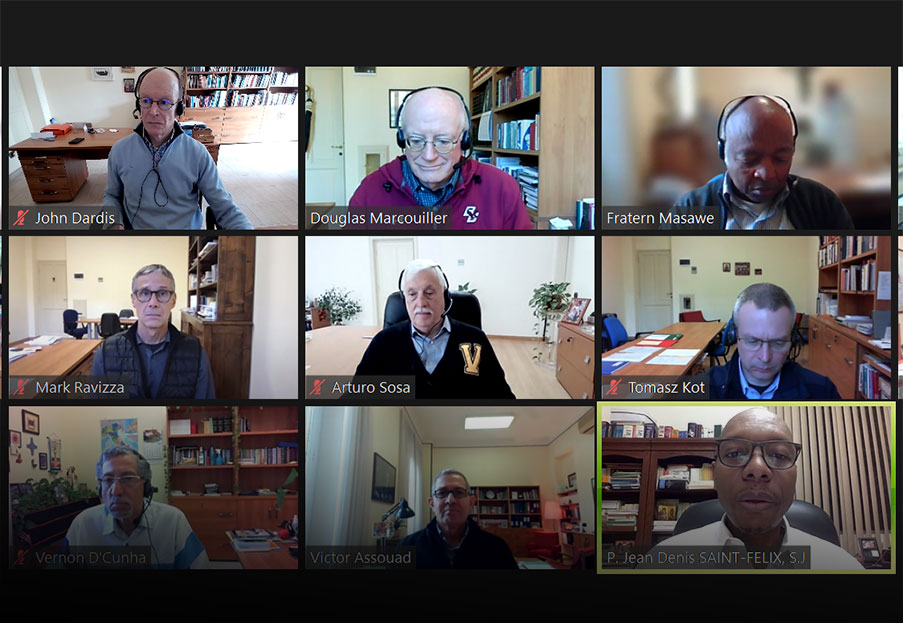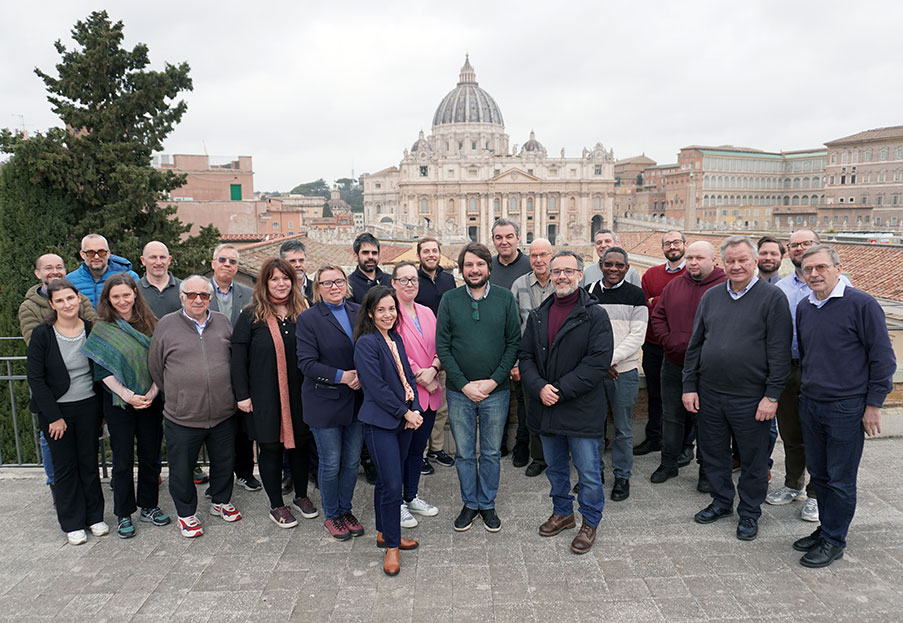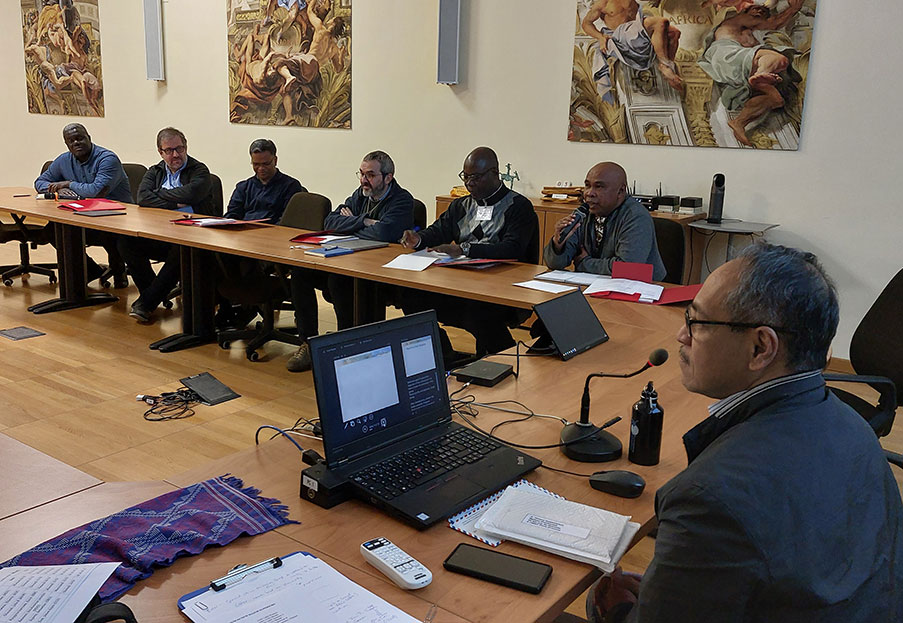Breaking the downward spiral of poverty
Kiss Ferenc, SJ - Hungarian
Province
[From “Jesuits 2022 - The Society of Jesus in the world”]
Ministry among Gypsy people in Hungary.
According to estimates made at the 2011 census in Hungary, some ten percent of the Hungarian population belongs to the Roma or Gipsy minority – making it the largest minority group in Hungary. Roma and Gipsy people and families live in deep poverty in Hungary. That is why the Jesuits in this country participate in multiple endeavours to assist them.
The Roma and Gipsy people in Hungary were
present among the many different nations and ethnicities that lived in these
lands throughout the centuries. There were times when they were met with
suspicion; at other times they were sought after for the trades and crafts that
they brought to the villages where they went. With the disappearance of these
crafts and the evolution of the society from the eighteenth century, they were
increasingly seen as a “problematic people.” There were efforts to assimilate
or integrate them, more or less aggressively. During the Socialist era, most of
the Roma men were employed (at least officially) and almost all children were
schooled – although heavily segregated and receiving a lower standard of
education than in the schools for the majority.
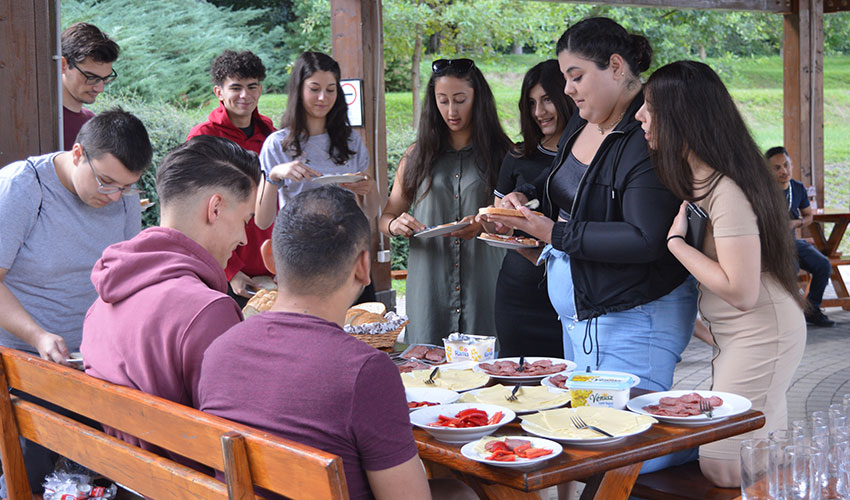
Even before the end of socialism in Hungary, mining and other industries shut down. Generations have grown up since then in deep poverty, living from unemployment and child benefits.
Breaking the downward spiral of inherited poverty and helplessness from their forbearers, but without breaking up the family bonds and those of the community, is the challenge that makes the difference between assimilation and integration.
The Jesuit Roma Residential College for Advanced
Studies (JRRC) opened in 2011 for talented Roma and Gipsy youth who attend
university in the Budapest area. The students not only live in the residential
college, they participate in courses and community programs as well. The aim is
to foster a community with a positive ethnic identity instead of shame. In many
cases it is difficult for these young people to go back home, as their parents
might feel that they have betrayed the family, that their own children look
down on them, since they got higher education. And it is truly a challenge to
love and respect your parents when you can hardly have a conversation with them
at a family meal, because they can’t understand what you are studying or cannot
help you with it. Often the standards and cultural level required in the
capital are very much different from the normal way of living in the poor
village where you come from. So when you go home, you feel you can no longer
fit in.
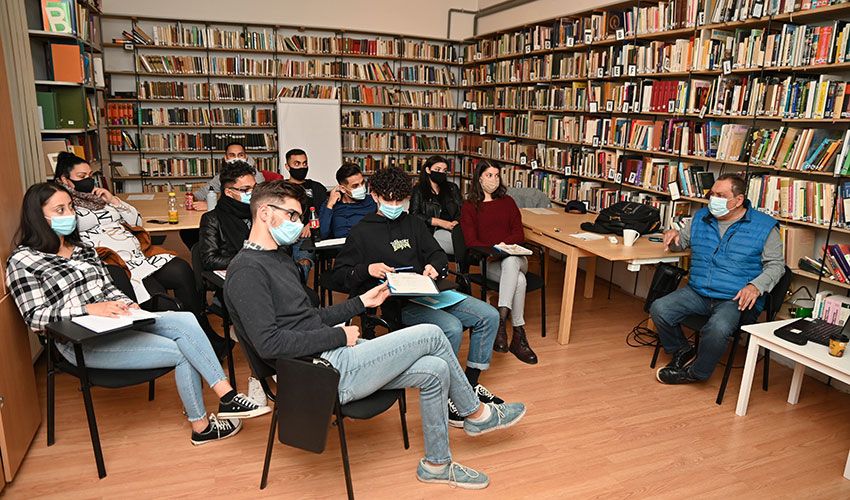
The JRRC tries to support these youths to represent their ethnic group in mainstream society, so as to break the stereotypes and encourage these young Roma intellectuals to go home and to face the challenges over there, and at the same time to help and motivate their own communities. Mostly, these families are Christian, and God is in some way important to them, but they do not attend church. One of our colleagues told us how thirty years ago in their village the old sacristan would chase the Roma and Gipsy children away from the church with a whip. There are many wounds to heal and much need for reconciliation. In the Residential College there are evening prayers and catechism groups, and the Holy Mass is celebrated; students and co-workers are invited. Hopefully these will help us grow together as part of the same Church, which is the body of Christ.
In 2020 the Hungarian Province also started to
work in a village, Arló, to carry out the “Redeveloping Villages Programme” of
the Hungarian government, which is co-financed by the state and the European
Union. Our partners are the Charity of the Hungarian Order of Malta and the
Franciscan sisters who have been helping the people in Arló for two decades.
Our program focuses on the families with children under the age of three. In
many cases, by the time they go to nursery, the kids have lived in an
environment that has not been helpful. Some houses don’t have electricity, most
of them don’t have water pipes. The children have to bring water home from the
well in buckets. In the wintertime they also go out to gather wood. Quite
often, families of six or eight live in a single room.
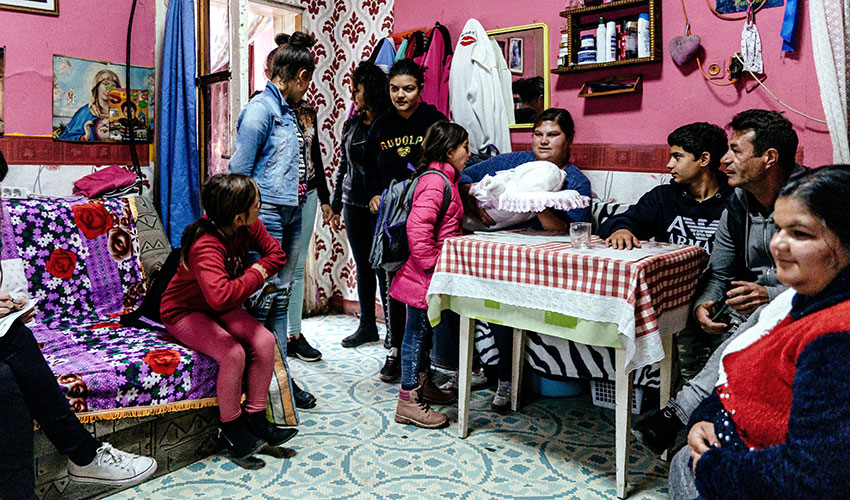
Our colleagues help in the local school and visit the families regularly. We try to show them possibilities, give them motivation, open places where it is possibly to study, to do sports, to learn to play music or dance, all this strengthening the community. There is also much work to be done for reconciliation between Roma and non-Roma people.
As Jesuits helping people to “see all things new
in Christ,” we hope that the JRRC could inspire the Roma youth and be an
important member of the ecumenical Christian Roma College Network. We hope also
that we can be an inspiration and a good partner for the growing number of
villages participating in the “Redeveloping Villages Programme.”

